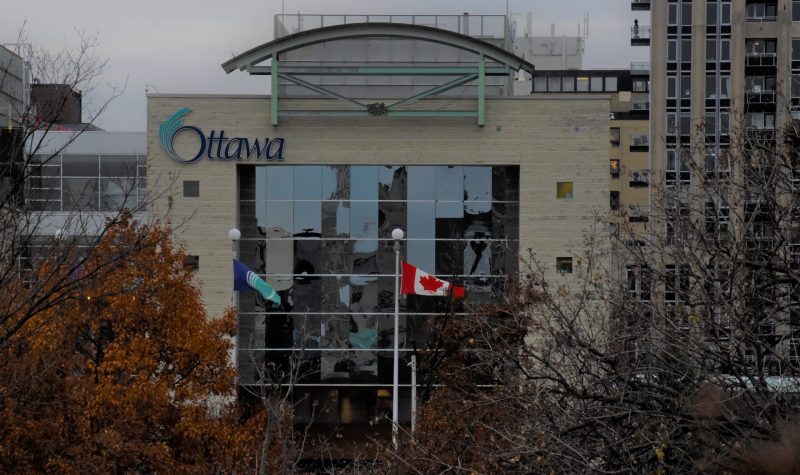Ottawa’s Medical Officer of Health Dr. Vera Etches says school closures will negatively impact students’ mental health.
In a media availability on Wednesday, Etches was joined by Mayor Jim Watson to deliver an update on the COVID-19 situation in Ottawa.
Etches says she agrees with the implementation of new restrictions by the province, but acknowledged the impact that school closures have had, and will continue to have, on the mental health of Ottawa’s young people.
“We've seen from previous lockdowns that parents and caregivers report high levels of stress when schools are closed and restrictions are in place and their ability to work is affected,” says Etches. “Also, during previous periods when schools were closed… we saw more mental health challenges and increased hospitalizations with diagnoses such as depression and anxiety, and eating disorders.”
Last March, the Canadian Mental Health Association (CMHA) reported a growing mental health crisis, with 74 per cent of Ontarians experiencing worsening mental health since the beginning of the pandemic.
In the early days of the pandemic, Ottawa Public Health reported a correlation between improved mental health and school reopenings, with a majority of parents indicating they were less concerned about their children missing out on social opportunities when schools were open.
Watson, who urged the province to reopen schools in May following a 28-day closure, thanked Ottawa residents for doing their part. He cited high vaccination rates as an indicator that Ottawa is on the right track, but warned that the worst isn’t over yet.
“There's no easy way to say this,” says Watson. “But the next two to four weeks are going to be some of the toughest weeks of this pandemic on all of us.”
Etches made an official statement on Sunday indicating that closing schools would have harmful consequences for children.
On Wednesday, Etches stood by her statement.
“I will continue to advocate for schools to reopen as soon as possible for the health of children,” she says.
Ottawa is closing all schools to in-person learning until at least Jan. 17 following provincial restrictions announced on Monday.
On Thursday, the Canadian Teachers’ Federation (CTF) published a press release calling the government’s approach to COVID-19 transmission in schools “complacent.”
“Education workers have been forced to revert to crisis mode to ensure teaching and learning still happens while trying to keep illness at bay… But the message from too many governments to us is ‘you're on your own.’”
The CTF, along with the Ontario Secondary School Teachers’ Federation (OSSTF) have called on all levels of government to help protect students and teachers by improving access to PPE, rapid testing, and ventilation, and to mandate contact tracing and case reporting in schools.
As of Wednesday, Ottawa has over 8,300 active cases, with 1,600 occurring in youth aged 19 or younger.
However, Etches says the high number of infections among children and youth is due mostly to community spread outside of schools, not outbreaks within schools.
Etches says that in order to reopen schools as soon as possible, Ottawa Public Health is prioritizing vaccines and boosters for youth and children and child caregivers.
“Unlike a year ago, when we lived through similar public health restrictions, we do have the protection of vaccinations now,” says Etches.
Etches added that second doses of the pediatric vaccine will begin being distributed in late-January.
The peak of the current wave is also expected for late-January, according to Etches, after which she anticipates a return to some degree of normalcy.
Listen to the CHUO story below:


